Maria-Luiza Prioteasa's newborn baby, Sarah, was less than ten days old when she first worried something was wrong. She'd lost weight and had constant nappy rash.
At six weeks old, Sarah still wasn't putting on weight. Then she developed a lung infection that antibiotics couldn't clear.
Baffled, a midwife referred baby Sarah to hospital for more checks – including blood tests and X-rays – and the results were alarming.
Maria-Luiza, 32, a hospital support worker from south Yorkshire, was told her baby might have an immune deficiency.
'I didn't really know what it meant, but I found out that unless treated early, it could be fatal, which was terrifying,' says Maria-Luiza.
Blood tests confirmed that Sarah had ADA severe combined immunodeficiency (ADA-SCID), a rare genetic condition affecting babies, that stops their immune system developing. 'It felt like a physical blow to my heart,' says Maria-Luiza. 'I burst into tears.'
ADA-SCID affects around three children a year, and leaves them vulnerable to everyday germs the rest of us take in our stride.
Even minor infections, such as a cold, can be life-threatening. Without treatment, children with ADA-SCID usually die before their second birthday.










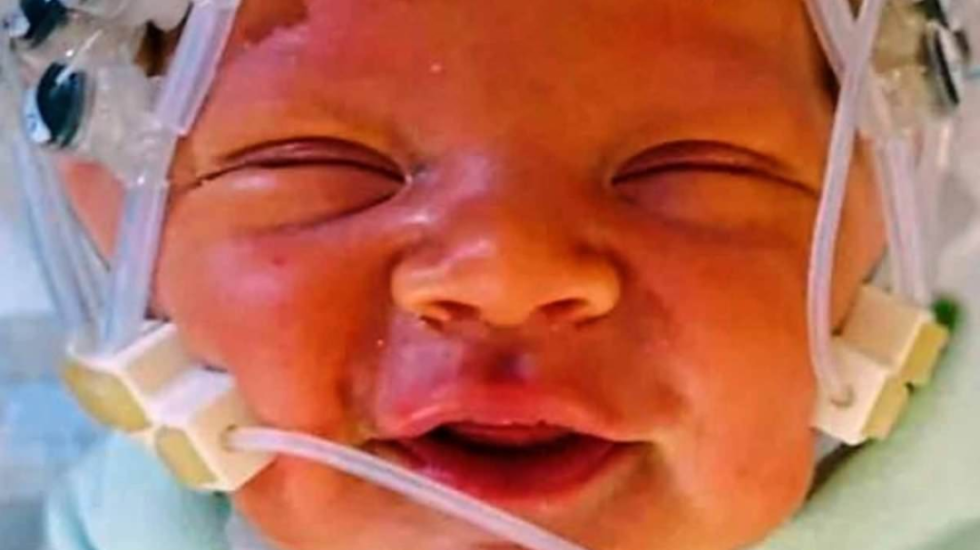





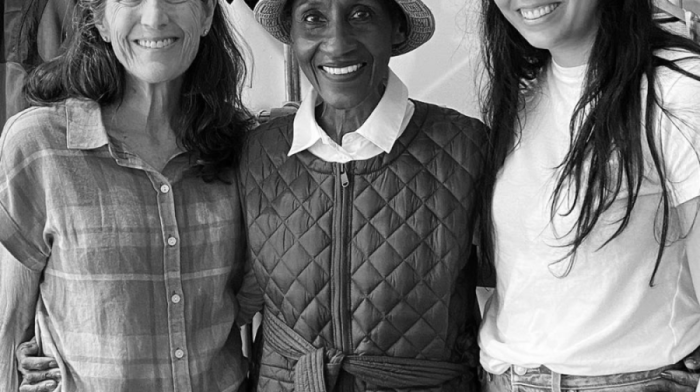

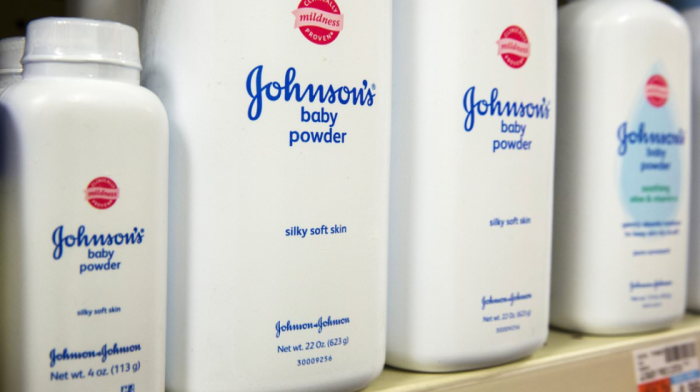



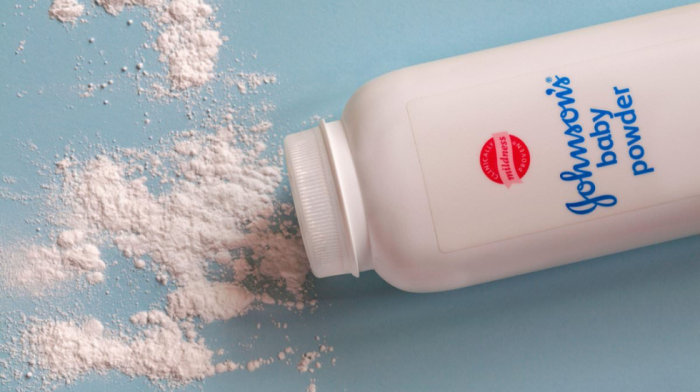
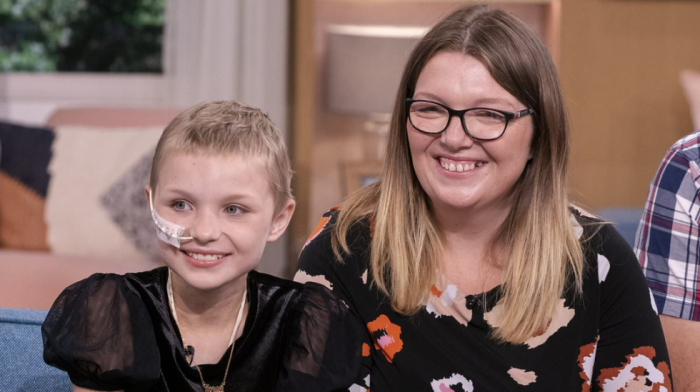
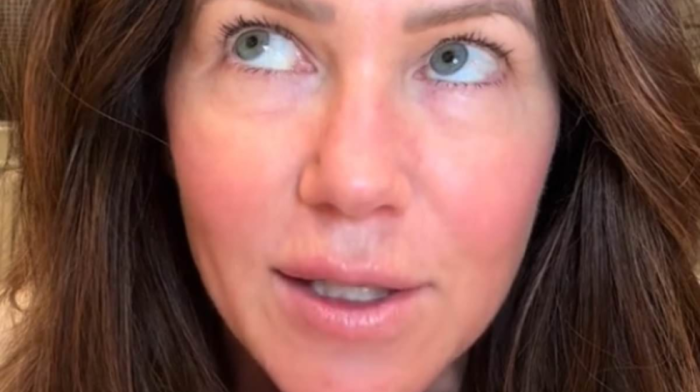
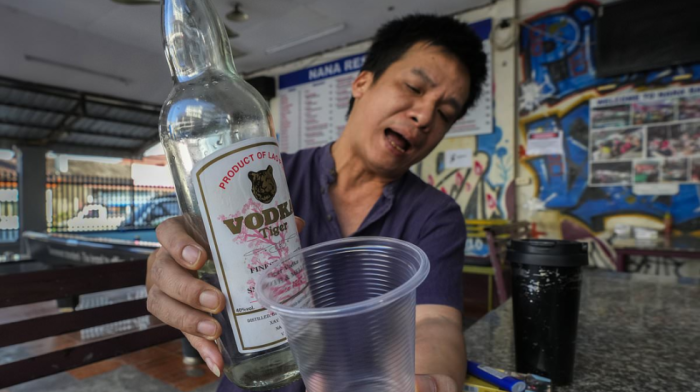

Comments (0)